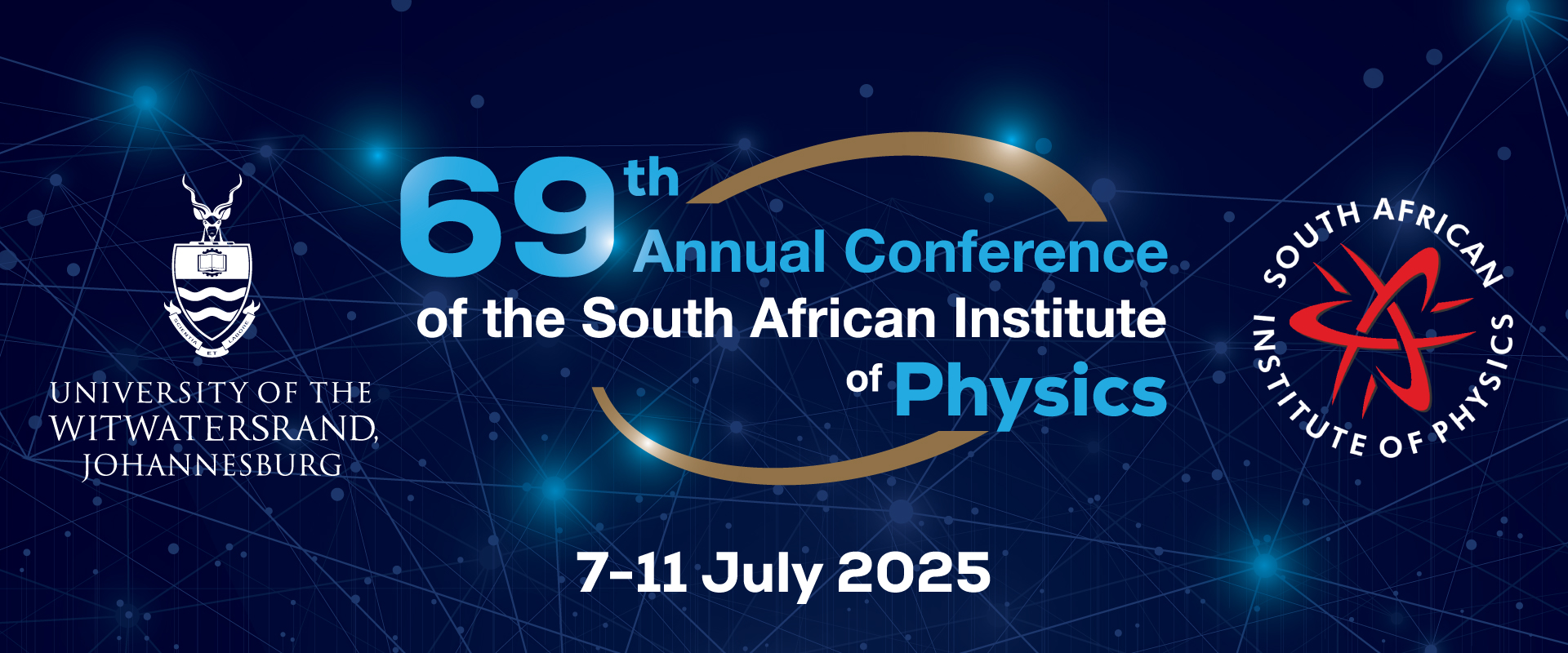Speaker
Description
Monte Carlo (MC) simulated data are essential for modeling events in the ATLAS Inner Detector. However, full Geant4-based simulations have become increasingly computationally demanding, with approximately 80% of the processing time attributed to shower simulation and detailed ATLAS detector geometry modeling. To address this, the new ATLAS Fast Simulation (AF3) framework provides a parameterized response for particles entering the calorimeters, using a simplified detector geometry to approximate energy deposition in calorimeter cells.
In this study, identification and reconstruction efficiencies—and their associated scale factors—were evaluated to compare the performance of Full and Fast simulations. Two methods were employed: the conventional Tag-and-Probe technique, which operates at the event level, and the new EGamma Full-Fast MC Comparison tool (EGMCE), which applies a particle-counting approach for assessing efficiencies.
Results showed overall good agreement between Fast and Full simulations across both methods showing the accurate modelling of Fast simulations whilst retaining similar results to Full simulations. However, the EGMCE framework exhibited lower reconstruction efficiencies, primarily due to challenges in correctly identifying electrons reconstructed as photons. Similarly, discrepancies were observed in identification efficiency: while the EGMCE tool showed agreement with AF3 efficiencies in the 80–90% range, it deviated from those obtained via Full simulation.
The findings demonstrate the need for further refinement of the EGMCE framework in its particle selection algorithms to ensure consistency with the Tag-and-Probe method and reliability for future physics analyses within analysis groups
| Apply for student award at which level: | MSc |
|---|---|
| Consent on use of personal information: Abstract Submission | Yes, I ACCEPT |

